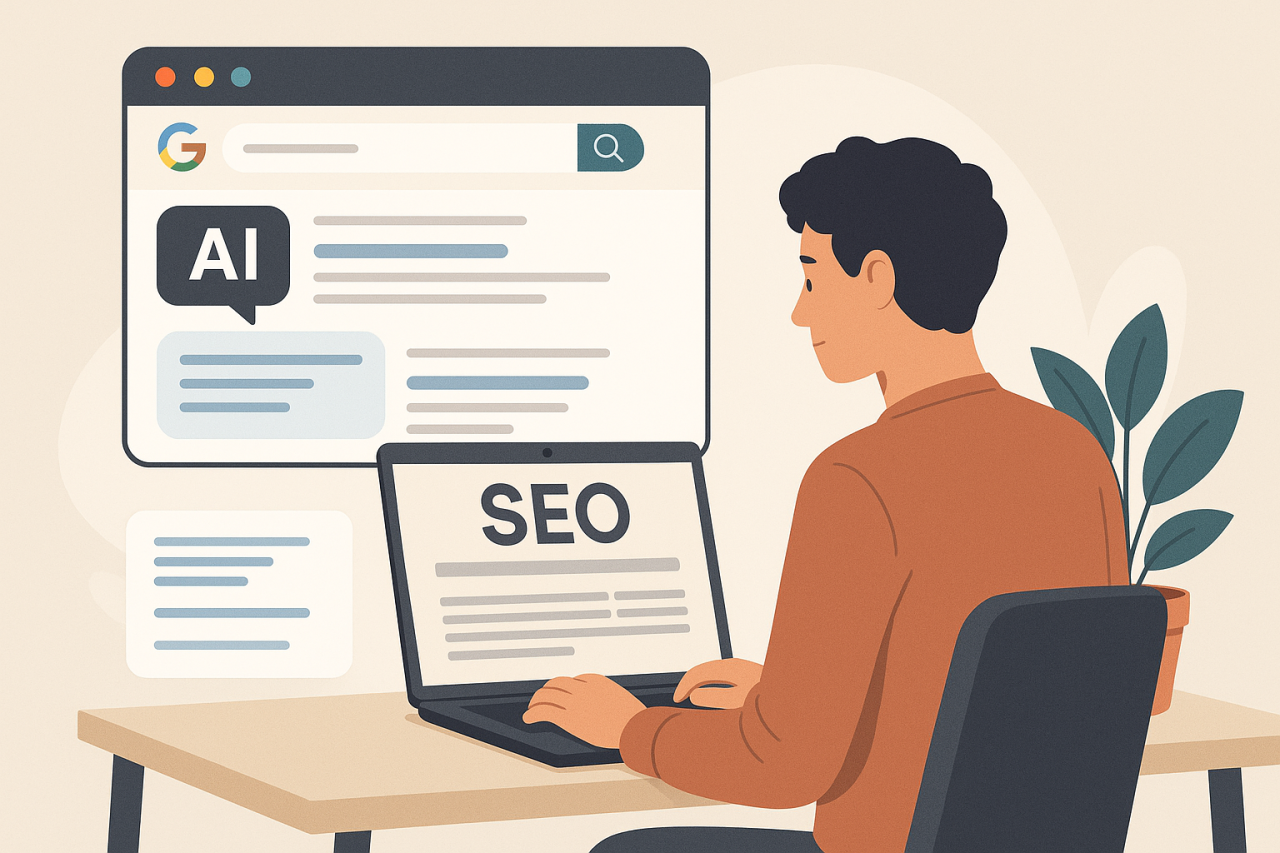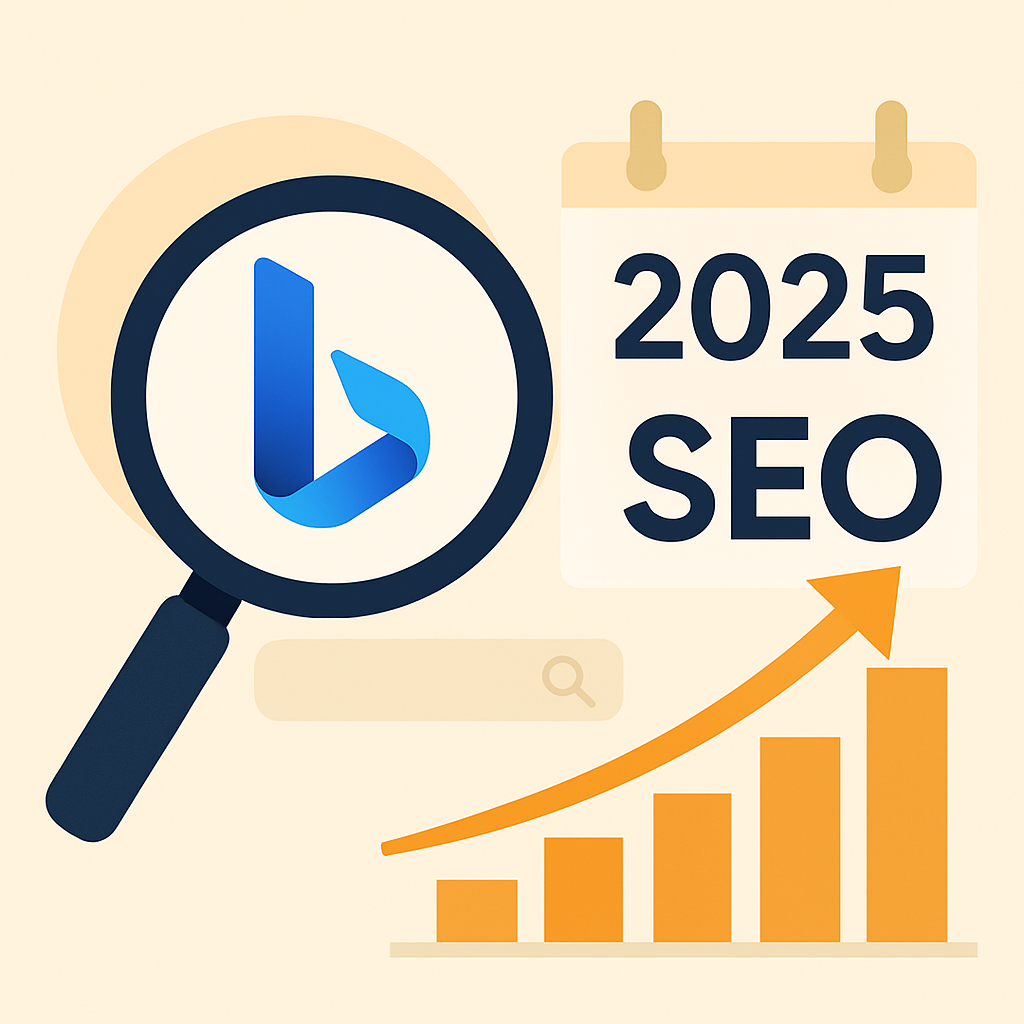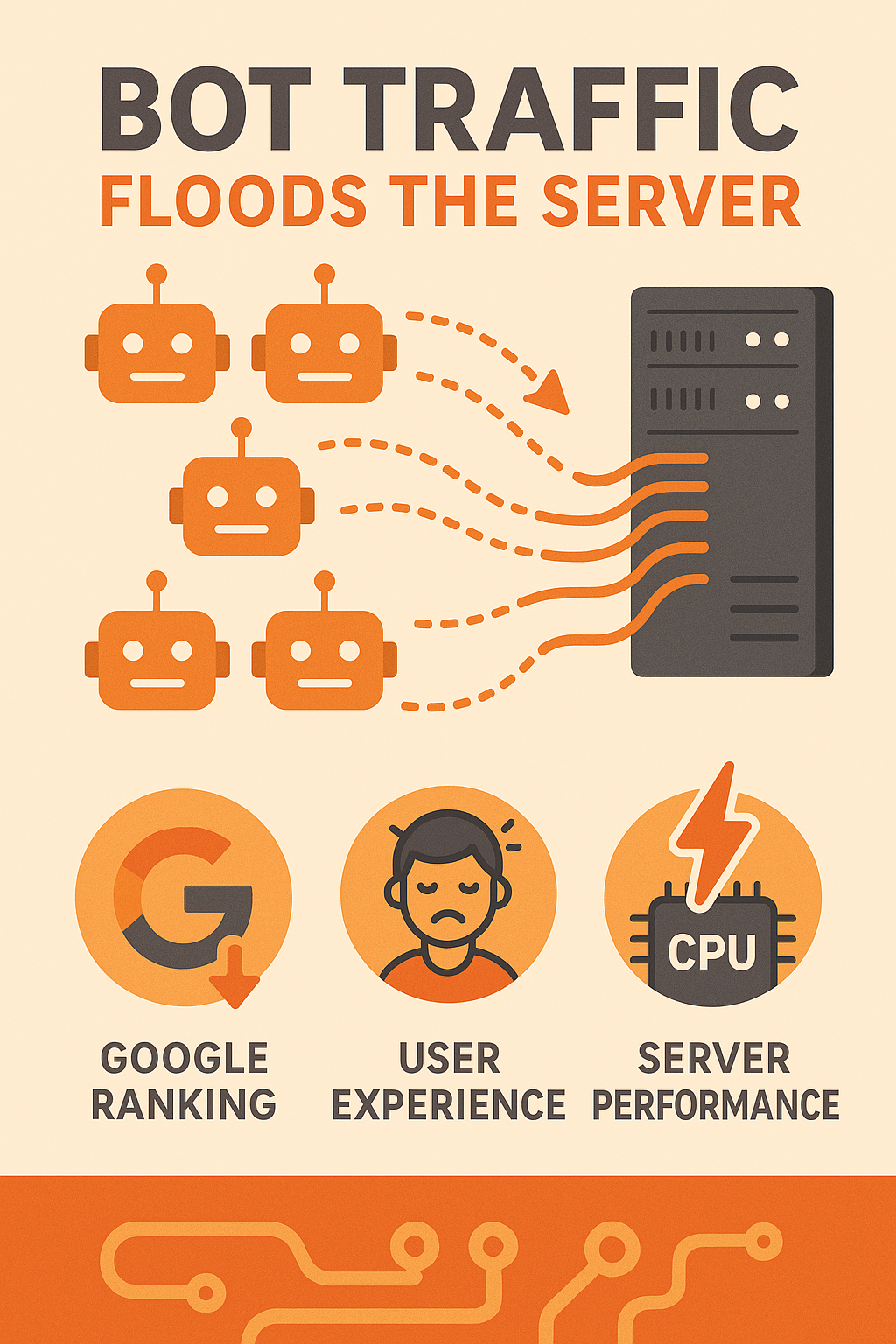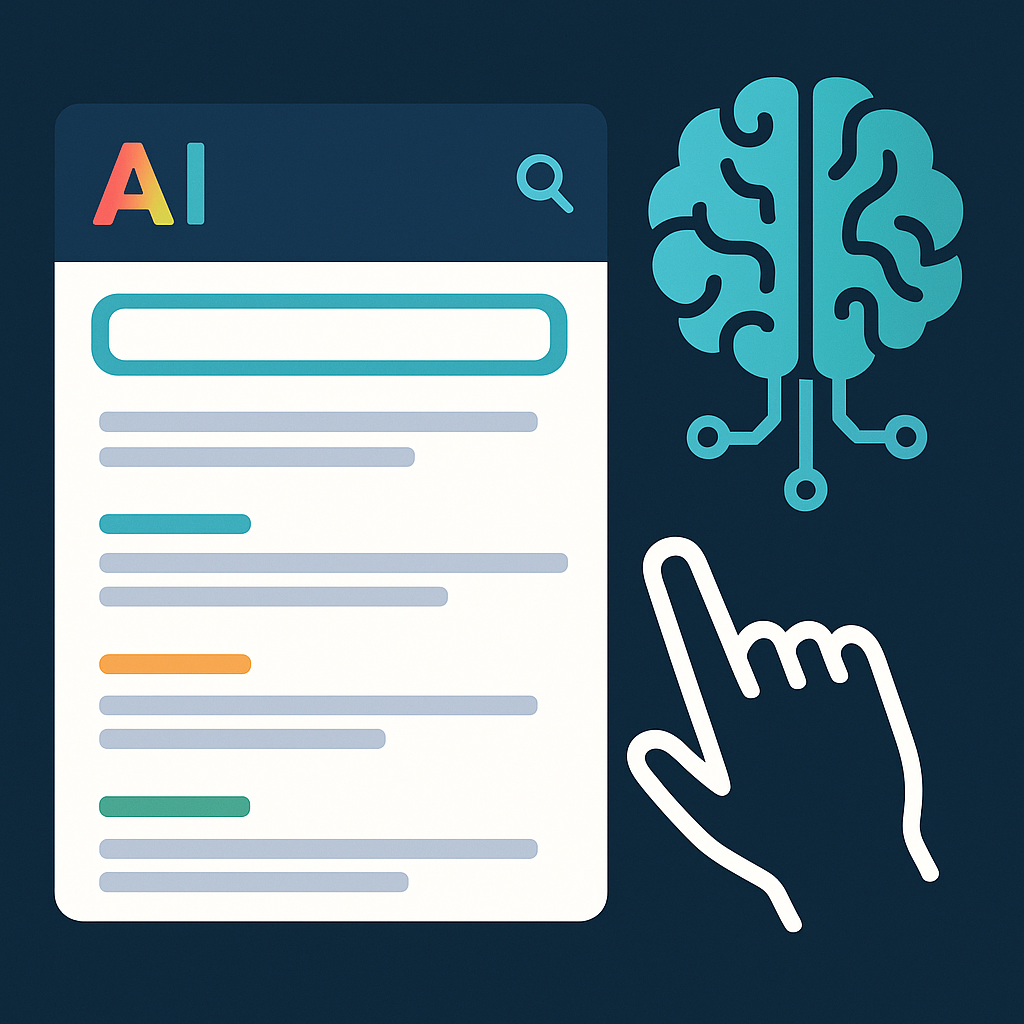A recent Reddit thread, “Is AI-generated traffic replacing classic SEO?”, sparked a flood of tips from experienced SEOs. One site owner even reported that “AI assistants are sending more users than search engines” (referrals from ChatGPT, Bing Copilot, etc. surpassing Google). Yet the consensus is clear: classic SEO still matters. AI-powered answers generally draw from Google/Bing results, so everything that boosts your Google rank helps in LLM search too. In practice, users advise treating AI traffic as an extension of organic traffic rather than a replacement.
Fix crawlability issues (check robots.txt, use search consoles for Google and Bing) and submit new content for indexing. Backlinks and domain authority remain essential credibility signals. For example, one commenter notes “AI search engines draw results from Google and Bing, so whatever works for them works for AI”.
Incorporate FAQ sections or brief answer blocks on your pages. AI overviews tend to surface exact question–answer pairs, so structuring content as clear Q&A increases the chance of being featured. Think of bullet lists and quick definitions (as shown below) to capture AI attention.
Inject a few authoritative outbound links and relevant images (with descriptive alt text) on each page. These on-page signals help both Google and LLMs see your content as high-quality. One SEO veteran advises spending a few minutes adding proper references and imagery to “give good natural alt text descriptions” – part of “the standard on page optimization process”. If your content already ranks near the top of Google, AI tools will likely cite it. In practice, SEOs report that “if you’re ranking high in SEs then you can get some links in AI outputs”. In other words, “SEO success and AI results are related”. Conversely, AI assistants generally won’t mention a site if it isn’t already on page 1 of Google/Bng. So don’t abandon Google SEO; being visible in classic search is the gateway to AI referrals.
A major warning: mass-generated content can be de-indexed by Google. Several SEOs have found that bulk AI-written pages initially rank, only to “drop off a cliff” when Google refuses to index low-quality automated posts. The remedy is to treat AI-generated drafts as just a starting point. Inject human edits—especially in the intro and unique insights—and then the pages stay indexed. In short, use AI to speed creation but always add real-human value and proof.
A few comments stressed that in the LLM era, content still needs to be clear, trustworthy, and well-structured. “LLM SEO is real,” says one SEO, “content needs to be clear, trustworthy, and well-structured to be cited”. Another echoes that wordy top-funnel stuff won’t cut it: AI answers favor succinct, factual language (more on tone below).
These takeaways underscore a theme: AI referrals don’t negate SEO; they build on it. Everything from on-page polish (Q&As, links, images) to off-page authority (backlinks, brand signals) still matters. Fix indexing issues and follow tried-and-true SEO best practices. As one commenter put it, don’t “stop optimizing for Google” because of AI – at least for now. Keep watching the space, but for today, SEO fundamentals remain the bedrock. ChatGPT’s answer to “What is content marketing?” (above) illustrates how an AI can summarize a broad query without citing any sources. This matches the community’s observations: for vanilla, informational questions, ChatGPT (and Google’s AI mode) simply provides a direct definition or overview, leaving zero traffic for content sites.
By contrast, a Google search for the same query returns a dictionary snippet and knowledge panel (as shown above). In that classic SERP, the first organic link is pushed off-screen. These examples highlight a key difference: AI Overviews vs. classic search. In traditional search, users click through a list of results. In AI mode, the engine often answers outright (via “AI Overviews”), shrinking click-through rates. In fact, a recent study found that when an AI Overview appears, desktop clicks to sites dropped by about two-thirds. Most users skim only the top of that answer box, so being visible early is critical. In practice, this means trust and brand authority are the new gatekeepers: to be included in an AI answer, your brand needs to be recognized as a reliable source very quickly.
.





